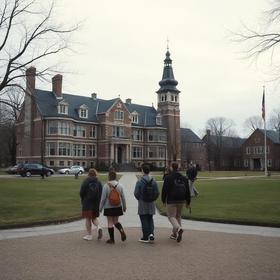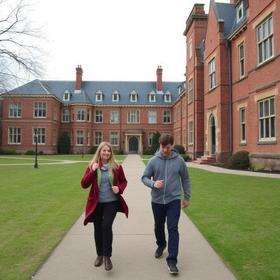Preparing Students for College: How Boarding Schools Shape Long-Term Academic Success
Preparing students for college requires more than strong grades. It involves building independence, academic discipline, resilience, and a clear sense of personal direction. Boarding schools have long been recognized for creating environments that strengthen these qualities every day. In 2025, interest in boarding schools continues to grow as families seek settings that fully integrate academics, life skills, and personal development.
This article explains how boarding schools excel at preparing students for college, how their structure supports long-term outcomes, and why so many graduates describe the experience as transformative. Throughout, the phrase preparing students for college is used to highlight the focus of this discussion and to show how boarding schools embed this goal into daily life.
To explore boarding school environments in more detail, readers may find it helpful to review the academic and student life overviews on BoardingSchoolReview.com.
Why Preparing Students for College Starts Early
Boarding schools understand that preparing students for college is a multi-year process. Academic habits, personal discipline, and confidence form gradually. This means the structure and culture of a school matter as much as individual classes.
Key elements that support early preparation include:
Intentional academic sequencing that leads to college-level work.
Faculty who live on campus and guide students beyond the classroom.
Day-to-day routines that encourage



















